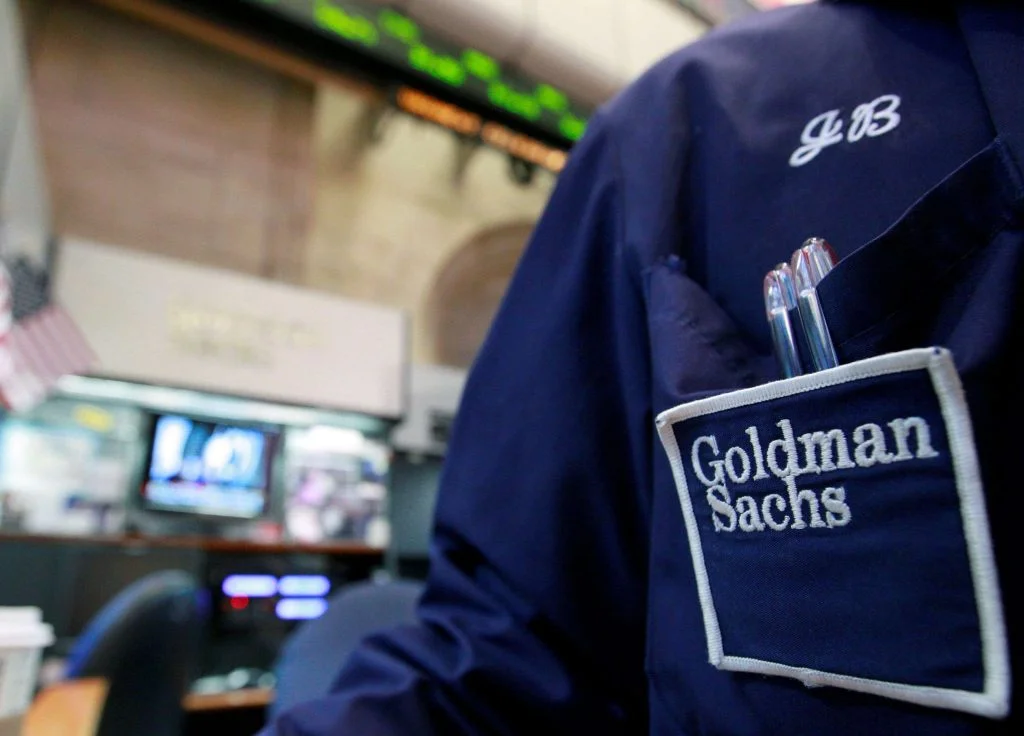On JPMorgan Chase’s Onyx blockchain network, Goldman Sachs apparently traded digital treasury bonds for JPM Coin.

Goldman Sachs has begun trading on JPMorgan Chase’s own blockchain infrastructure for repo markets, which it had been studying for six months.
In an interview with Bloomberg, Mathew McDermott, global head of digital assets for Goldman Sachs’ global markets group, verified the first transaction, which took place on June 17.
Goldman Sachs exchanged a tokenized version of a US Treasury bond for JPM Coin, JPMorgan’s dollar-pegged stablecoin, in the deal. Last year, JPMorgan unveiled its own blockchain solution to improve the efficiency of repo transactions. JPM Coin is used on the platform to swap digital US Treasury bonds.
One of the first financial institutions to recognize the platform was Goldman Sachs. McDermott praised JPMorgan’s blockchain-based repo-market service last year, noting that “enterprise blockchain can address a real-world problem in the financial system.”
As a trillion-dollar market, repurchase or “repo” agreements are short-term lending arrangements for dealers in government bonds. An overnight repo allows dealers to sell government bonds to investors and repurchase them the next day at a slightly higher price.
Calling the trade a pivotal moment for the digitization of transactional activity, McDermott highlighted that, unlike the traditional repo market, the precise timing of the transaction could be logged thanks to blockchain technology.
Smart contracts on the blockchain enable the collateral and cash to interchange simultaneously and immediately, and this is a big step up for the repo market, according to McDermott:
“We pay interest per the minute. We firmly think this will change the nature of the intraday marketplace.”
– McDermottIn early 2019, JPMorgan Chase announced the release of its own stablecoin, with a primary focus on international corporate settlements. The first exchanges took place in December, and since then, global firms have accepted JPM Coin for round-the-clock cross-border payments.
Onyx, the bank’s version of the Ethereum blockchain, is currently handling more than $1 billion worth of transactions per day.
